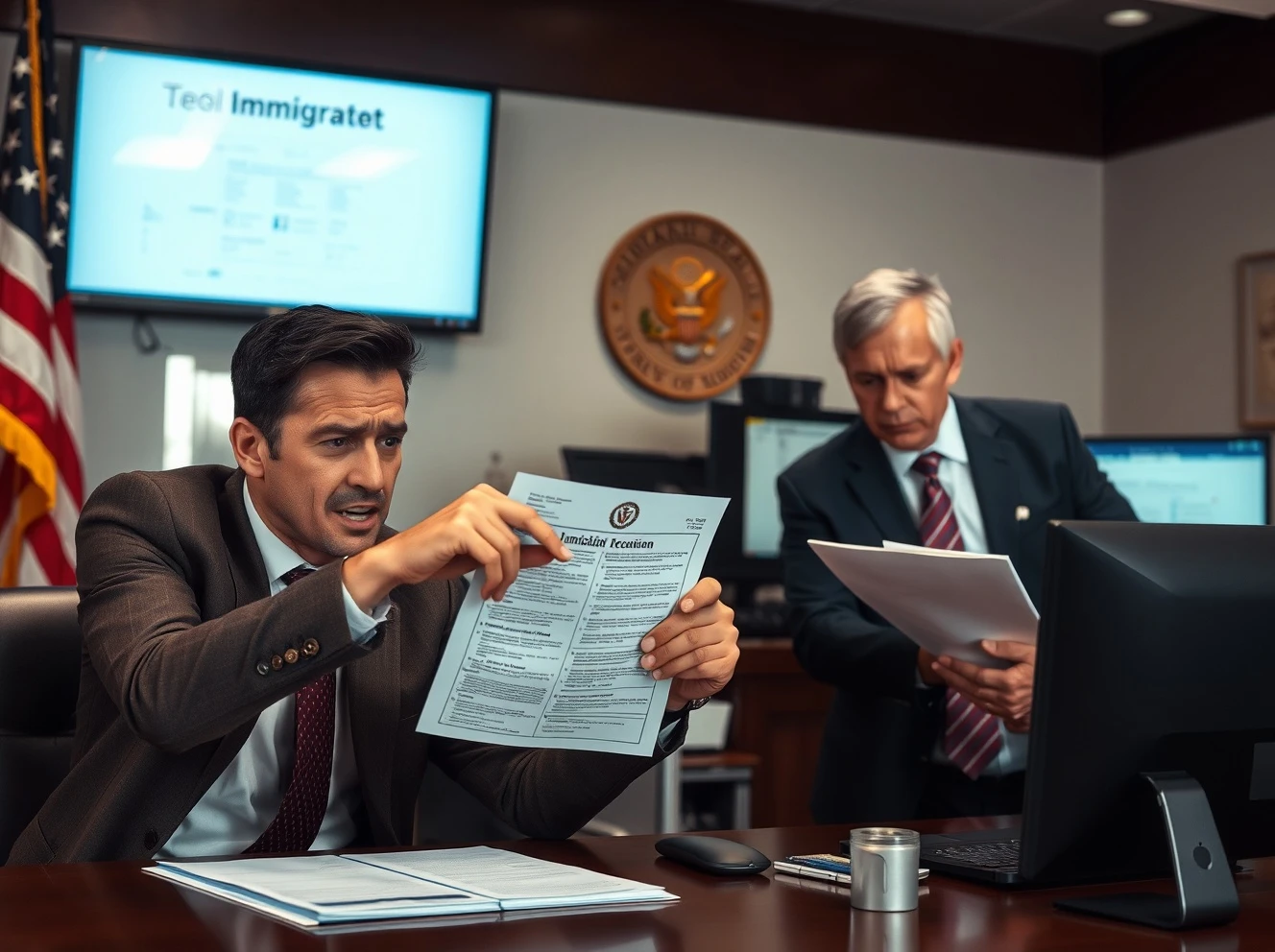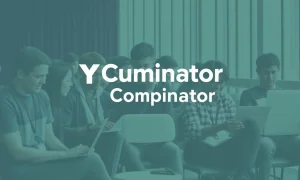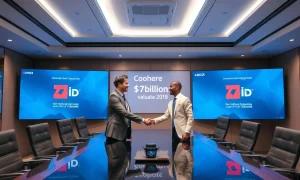Venture capital titan Mike Moritz has launched a blistering attack against the Trump administration’s new H-1B visa policy, calling the $100,000 annual fee a “brutish extortion scheme” that threatens America’s technological leadership. The Sequoia Capital veteran’s Financial Times op-ed has ignited a fierce debate about immigration reform and its impact on the tech sector.
H-1B Visa Fee Sparks Industry Backlash
The controversial H-1B visa fee increase announced last Friday imposes a staggering $100,000 annual levy on companies hiring skilled foreign workers. This policy affects the 85,000 H-1B visas granted each year, primarily used by technology companies to address critical talent shortages. Moritz argues the administration fundamentally misunderstands why companies seek H-1B visa holders.
Key points about the new H-1B visa policy:
- Applies to companies hiring foreign skilled workers
- Targets technology sector primarily
- Represents significant cost increase for employers
- Could push jobs overseas instead of creating American jobs
Moritz’s Scathing Critique of H-1B Visa Changes
In his powerful Financial Times commentary, Moritz compared the White House to “Tony Soprano’s pork store,” suggesting the H-1B visa fee constitutes government extortion. The billionaire VC, who himself came to America on a precursor visa in 1979, emphasizes that H-1B visa holders fill genuine skill gaps rather than replace American workers.
Moritz presents compelling evidence supporting the H-1B visa program’s success:
- Microsoft CEO Satya Nadella came through the H-1B visa system
- Google CEO Sundar Pichai also benefited from H-1B visa status
- Elon Musk and Instagram co-founder Mike Krieger are other success stories
- Foreign-born talent often creates American jobs rather than taking them
H-1B Visa Program’s Economic Impact
The veteran investor warns that restrictive H-1B visa policies will backfire economically. Instead of keeping jobs in America, companies may relocate operations to international tech hubs like Istanbul, Warsaw, or Bangalore. Moritz contends that engineers from top universities in Eastern Europe, Turkey, and India possess qualifications equal to their American counterparts.
Moritz proposes alternative approaches to H-1B visa reform:
- Double or triple the number of available H-1B visas
- Automatically grant citizenship to foreign STEM PhD graduates
- Focus on attracting top global talent rather than restricting it
- Recognize that skilled immigration strengthens American competitiveness
Future of H-1B Visa Policy
The H-1B visa debate comes at a critical moment for American technology leadership. As other countries aggressively compete for global talent, restrictive immigration policies could undermine U.S. innovation. Moritz’s personal experience with the visa system lends credibility to his argument that America benefits from welcoming skilled immigrants.
Industry observers will watch closely how the H-1B visa policy evolves. The outcome could significantly influence where technology companies choose to establish research centers and hire engineering talent. Meanwhile, the administration maintains the H-1B visa changes protect American workers.
Frequently Asked Questions
What is the new H-1B visa fee?
The Trump administration has implemented a $100,000 annual fee for companies hiring H-1B visa holders, representing a substantial increase from previous costs.
Why does Mike Moritz oppose the H-1B visa changes?
Moritz believes the fee constitutes “extortion” and will push tech companies to relocate jobs overseas rather than creating American employment opportunities.
How many H-1B visas are granted annually?
The United States currently issues 85,000 H-1B visas each year to skilled foreign workers, primarily in technology fields.
What alternatives does Moritz propose for H-1B visa reform?
He suggests expanding the program by doubling or tripling visa numbers and automatically granting citizenship to foreign STEM PhD graduates from top U.S. universities.
Which prominent tech leaders came through the H-1B visa system?
Microsoft’s Satya Nadella, Google’s Sundar Pichai, Elon Musk, and Instagram co-founder Mike Krieger all benefited from H-1B or similar visa programs.
How might the H-1B visa changes affect American competitiveness?
Critics argue restrictive policies could drive technology innovation and investment to countries with more welcoming immigration approaches for skilled workers.








